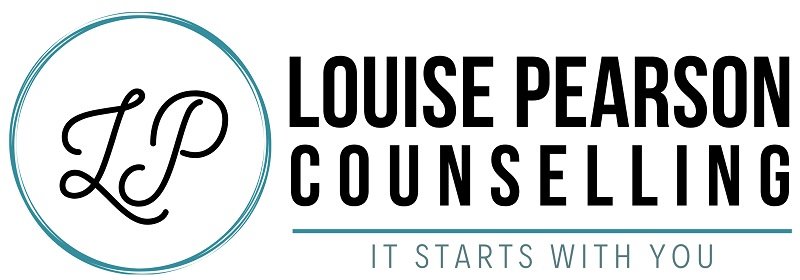One of the things that I have been reminded of recently, is the grief and anxiety that we can sometimes feel when things happen in our communities, even when we ourselves are no more involved than as observers. I've talked about it before here I know — but I think it worth revisiting because it can be quite isolating when we are going through these feelings, and because at the moment things are happening which for me at least, feel very close to home.
What I am talking about here is the grief we feel when someone famous dies, for example. We are not in the situation, and in fact may never have met the person, and yet we can feel real sadness at their death. It might be that we find ourselves really feeling impacted by a particular world or community event.
Many people coming into my practice in the last few weeks for example, have been affected by the disappearance of Ballarat mother Samantha Murphy. Sure, we may have someone arrested and charged now, but for many, this raises as many questions as it does answers. Most of us can I am sure relate to the heartbreak of her family, and in fact the grief felt by the family of the murderer, which often goes unacknowledged in these situations. Others have talked about their sadness regarding the two young men killed in Sydney by a serving member of the police force. He should not have been able to access his gun when he did, and because he did, now two beloved and talented young men have been stopped without warning, in their prime.
Sometimes though, an event will remain close to our hearts for different reasons, and still have the power to sadden us many years from when it happened. Just last week for example, I stood with a cousin discussing my recent stop at Port Arthur in Tasmania. Both of us find this event particularly impactful. I know that for me, it is in part because I stayed in the Seascape Guest House with David and Sally Martin six years before they were the first victims in the massacre on 28 April 1996. I remember them well, and at the time of the massacre also remember reading voraciously anything which could fill in the blanks, and give me details of the death stories related to those 35 people. Just standing with my cousin last week gave me the impetus to find Walter Mikac's book, and as I read through his account, I found that although it might be almost 30 years on, I could remember with precision the other accounts I have read of that day and imagine the grief that those victims and families have had to live with in the aftermath. Perhaps because I know how easily grief can go unacknowledged, as I visited Port Arthur recently, I was disappointed to note that no mention of the massacre was made as we did our tour. For the families still grieving, this must be such a slap in the face. I believe that just like the experiences of the convicts in the 1800s, this too is a significant part of the history of Port Arthur which should not be ignored.
My main point here however, is that whatever our feelings, they are worthy of acknowledgment! Sometimes we will feel an affinity with someone or something, and it can leave us feeling like we are both obsessed by our need to know more, but also often fearing judgment about our reactions. It might be that we are feeling the powerlessness of not being able to get the detail that we crave. It might be that we are saying things in our own minds like "why are you so upset? You weren't there! It wasn't your family!" It might also be that we are around people who brush off these events as unimportant in their lives, and leave us wondering why we can't do the same. When this happens, and you are trying to convince yourself that no one reacts as ridiculously as you do, I want to remind you that you are not alone. HAVE you ever wondered why so many members of the community went out to search for Samantha, or why others set up Facebook groups or cooked meals for her family? In part this was because they were gripped by similar feelings to you. They too may have been feeling frustrated, sad, angry or anxious in the face of such pain, and then found themselves searching for concrete things that they could do to help in the community.
